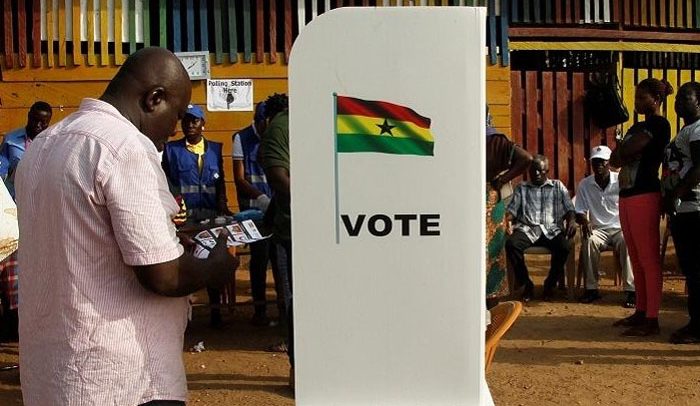The European Union Election Observation Mission to Ghana 2020 (EU EOM) has said that the December 2020 Presidential and Parliamentary Elections were effectively organised, with voters participating freely and in large numbers.
The mission also found out that the process successfully met a range of international standards following the assessment of 95 per cent of polling stations.
Chief Observer Javier Nart, a Member of the European Parliament from Spain, who presented its final report on the general election, said although the elections were free and fair, some shortcomings already identified by previous EU election observation missions, remained.
“Such as the misuse of state resources, the abuse of incumbency, vote-buying and unregulated campaign finances. These resulted in an uneven playing field,” he said.
Mr. Nart, speaking at a press conference in Accra, said the final report contained 18 recommendations for future elections, eight of which were considered to be priorities.
“The priority recommendations ask for improved procedures for counting and collation, and for the publication of detailed results. They suggest an affirmative action law that would introduce a quota for women in governance of at least 30 per cent.
Regulations governing campaign finance are also recommended, as well as effective sanctioning mechanisms against the misuse of state resources.
Improved regulation and monitoring of the media as well as effective implementation of the Data Protection Act are also addressed,” he said.
He stressed that the recommendations are proposals for consideration by the Ghanaian people.
“They are suggestions aimed at improving future electoral processes and strengthening Ghana’s democracy – but it is up to the authorities and wider civil society to decide on their implementation,” he added.
The EU EOM’s final report is a comprehensive assessment of the electoral process that builds on the initial findings of the preliminary statement, which was issued shortly after the elections in December.
The return visit is the EU EOM’s final activity, Mr. Nart explained, “From here, the EU Delegation will support the Ghanaian authorities and civil society in efforts to implement the recommendations.”
Over the coming days, the EU EOM will meet stakeholders from all areas of society with a view to initiating a debate on these suggested reforms.
Following an invitation by the Ghanaian authorities, the European Union deployed an EU EOM to Ghana between October 31 and December 30, 2020. In total, the mission comprised 80 observers from EU member states as well as Norway, Switzerland and Canada.
The mission’s mandate was to assess the electoral process against international obligations and commitments for democratic elections as well as the laws of Ghana.
By Jamila Akweley Okertchiri


